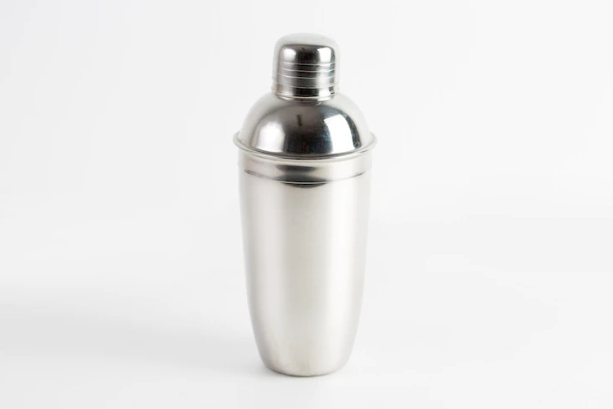How Does the Conical Steel-Steel Fermenter Work Help in the Alcoholic Fermentation Industry?
Brewing beer is an amazing hobby with deep roots in history. Making your beer at home is also a lot of fun. It’s tempting to dive right in and keep going once you’ve purchased your equipment (or starter kit).
What Is a Conical Stainless-Steel Fermenter and Why It’s Important For traditional Beer?
The conical stainless steel fermenter is a cylindrical vessel that is used to hold wort during the brewing process. The conical shape enables the wort to be cooled efficiently, and it helps to prevent the beer from being contaminated by any outside particles.
The fermenter was invented in 1827 by British engineer Joseph Bramah, who had a problem brewing beer efficiently. It is made of stainless steel, which does not react with the wort and helps to prevent oxidation.
How The Conical Steel Fermenter Works in The Brewing Process?
The majority of homebrewers begin their fermentation journey with carboys and buckets. These tough, low-cost vessels are included in most starter kits. However, brewers eventually become aware of the other options on the market. The conical fermenter is the most notable.
Conical stainless steel fermenters are the gold standard for brewing beer. Remember those massive metal tankards you see at professional breweries? The ones with the taper that leads to a funnel at the bottom?
Conical fermenters are what they’re called. Conical fermenters that are enormous. The ones used in homebrewing are identical—but on a much smaller scale.
How To Use a Conical Steel Fermenter If You’re Interested in Brewing Your Brews?
A conical steel fermenter is a vital tool in the brewing process. It allows you to create your brews and experiment with new flavors and ingredients. This type of fermentation tank is made from stainless steel or copper, which makes it easy to clean and maintain.
Brewing your beer at home can be a rewarding experience, but it will take some time and effort before you get the hang of it. To get started, you’ll need a conic steel-steel fermenter.
Fermenting Process and Ideal Temperature for Yeast & Fermentation:
Yeast is a living organism that ferments sugar into alcohol, carbon dioxide, and heat. The process requires some specific conditions for optimal fermentation. The ideal temperature for yeast is between 70-80 degrees Fahrenheit as this is the temperature range in which the cells are most active. Yeasting will occur at higher temperatures but it will not be as efficient.
Fermentation is a process by which yeast converts sugars into alcohol and carbon dioxide. It gives off heat during the process and can be done with or without oxygen. There are two types of fermentation: top fermenting and bottom fermenting.
How Consistent Yeasts Are Used in Fermenting Processes?
Consistent yeast is used in the fermentation process. It helps to ensure that the yeast stays alive and produces the desired product.
The yeast that is used in the fermentation process has to be consistent. The consistency of the yeast is essential for its survival and success. The consistency of the yeast affects how well the fermentation process will go.
Yeasts are microscopic fungi that are a vital part of the brewing and baking industries. They thrive on sugar, which is why baker’s yeast, brewer’s yeast, and distiller’s yeast are all examples of consistent yeasts. All three types need to be kept warm, moist and at a constant temperature to produce the best food products over time.
Bar Objects have become synonymous with world-class quality. We are here to offer our complete range of brewing equipment to bar accessories to Craft Brewer, 18+/Alcohol Industries, and more.
